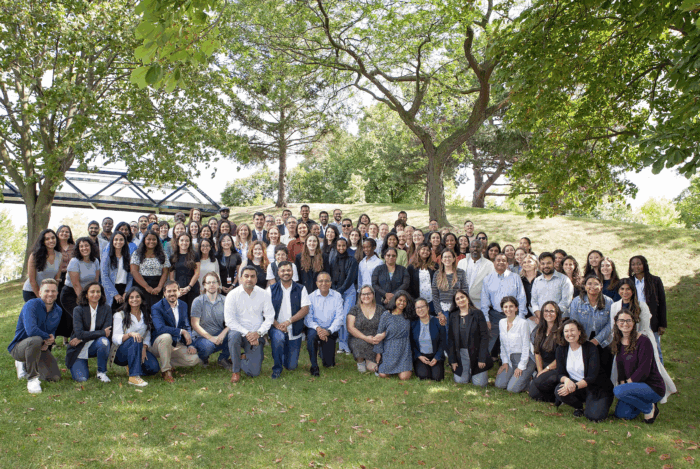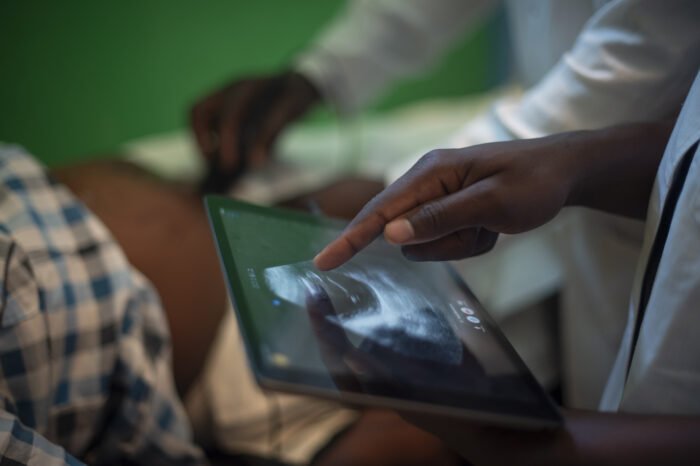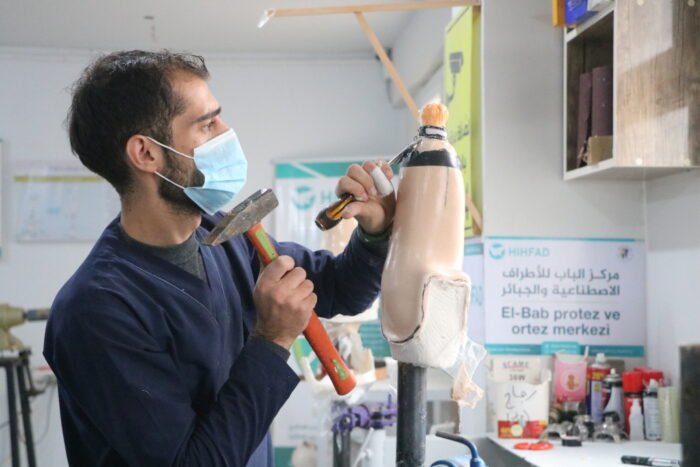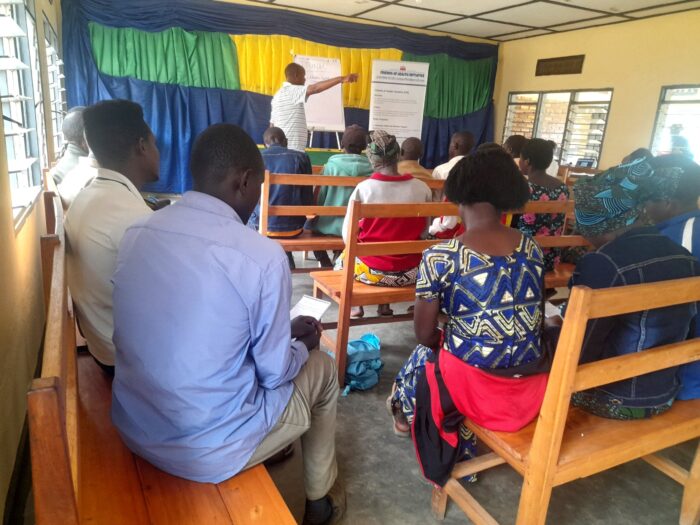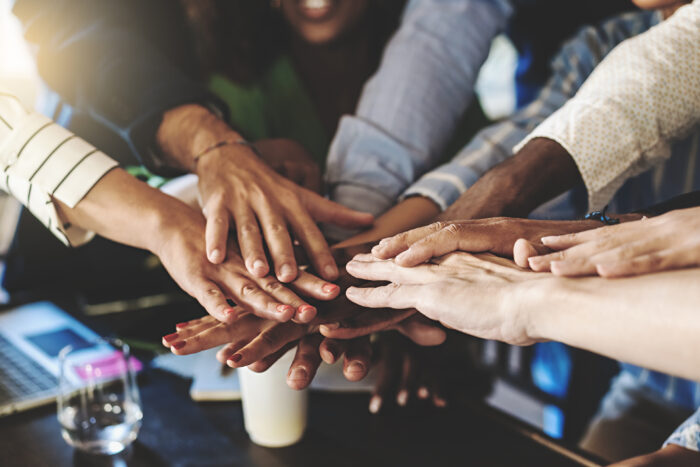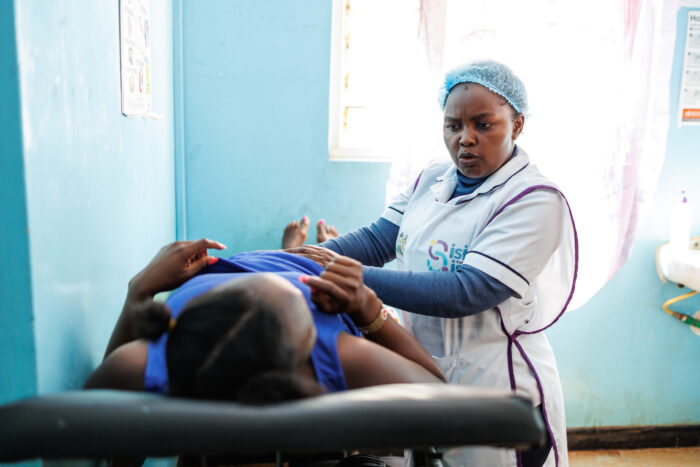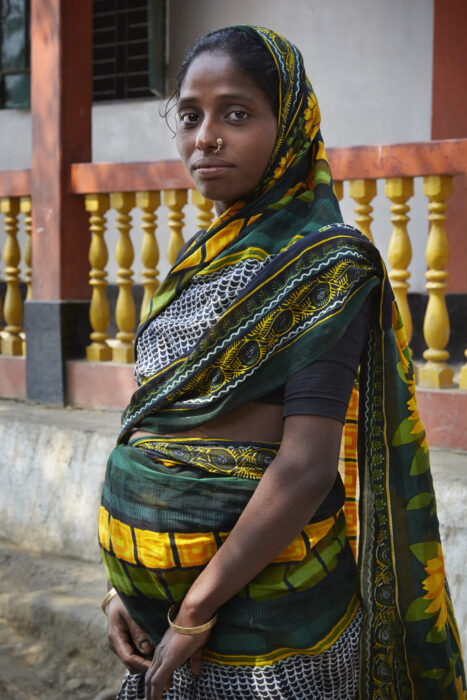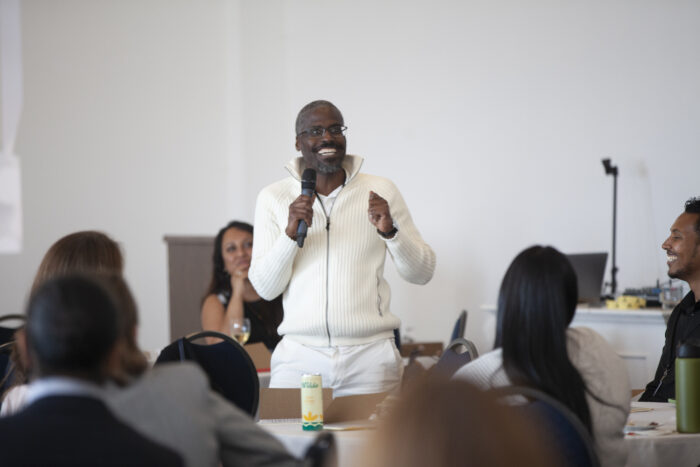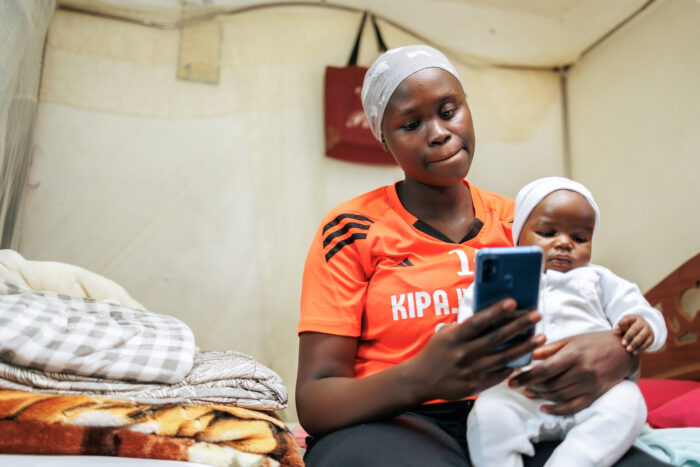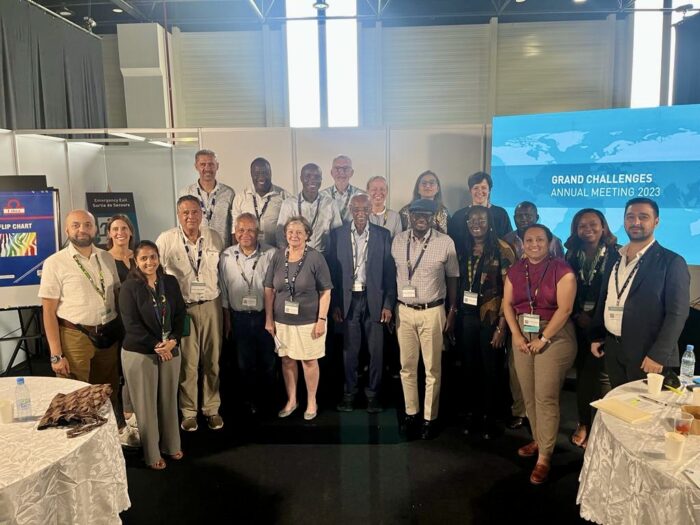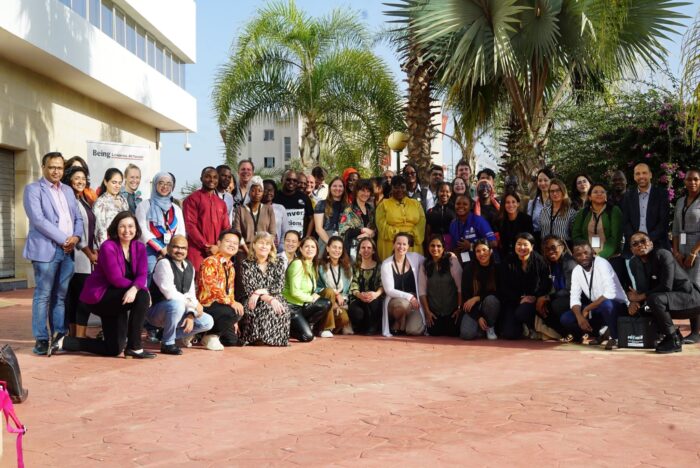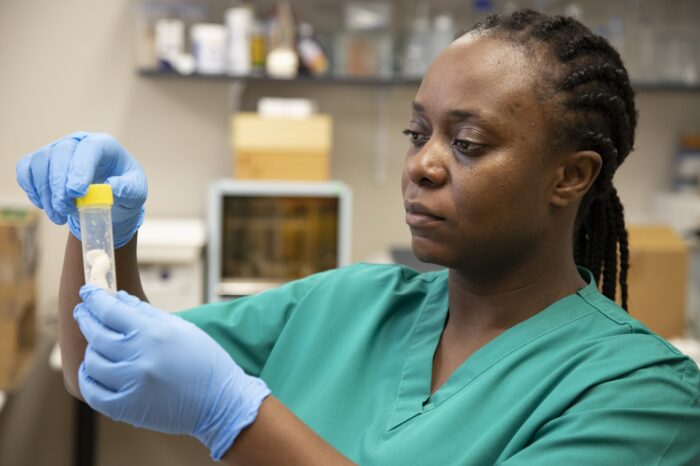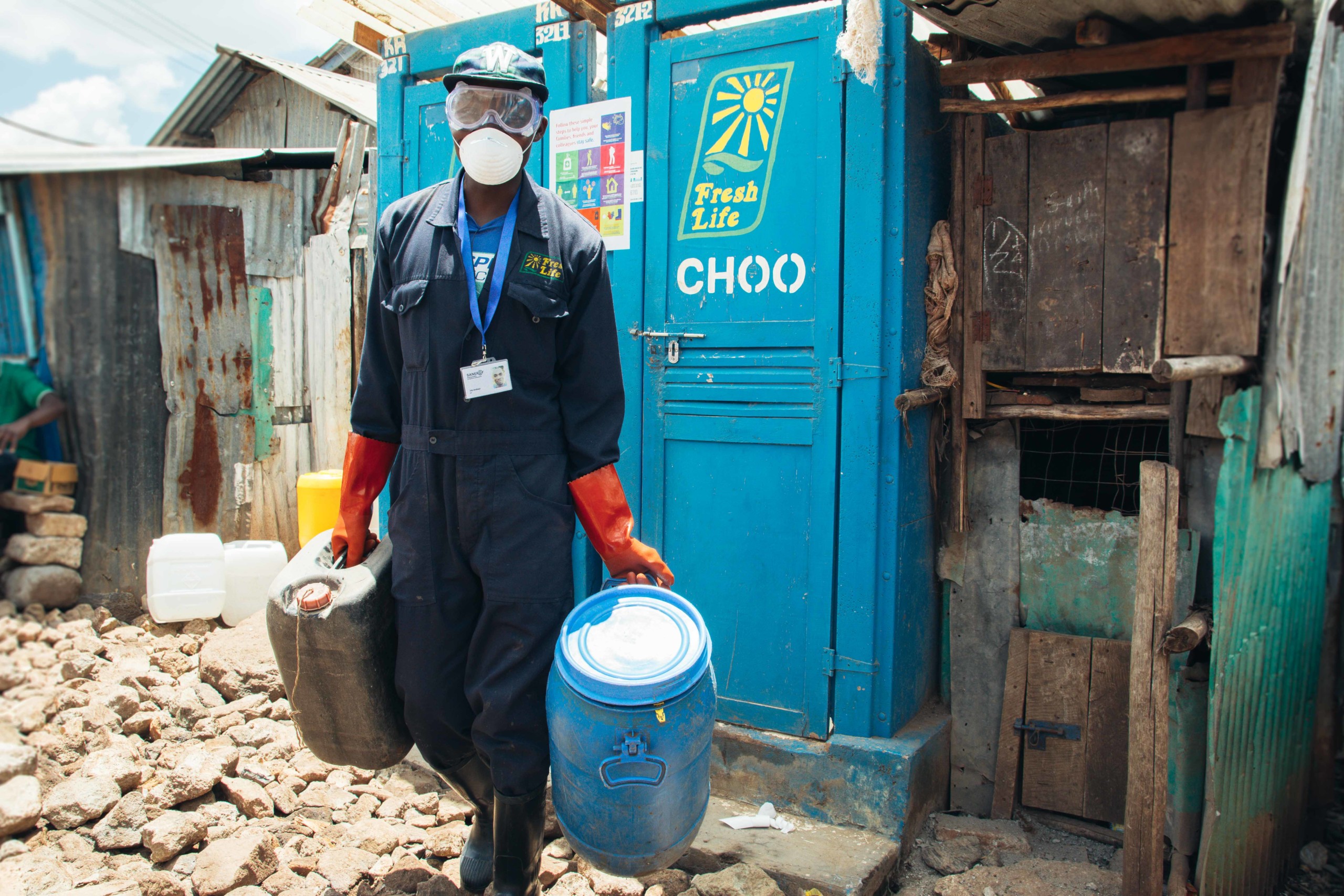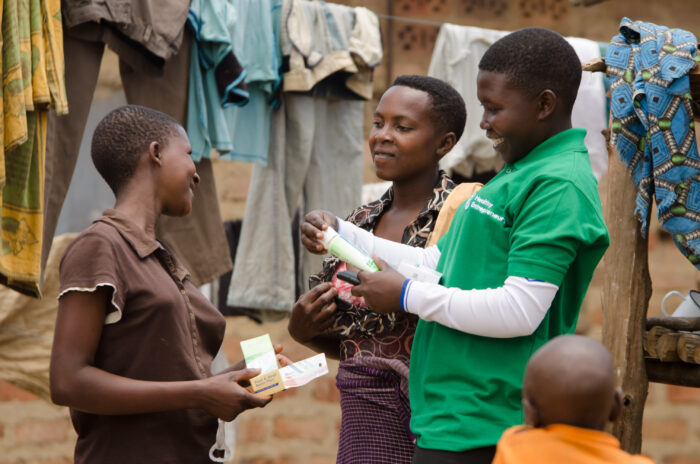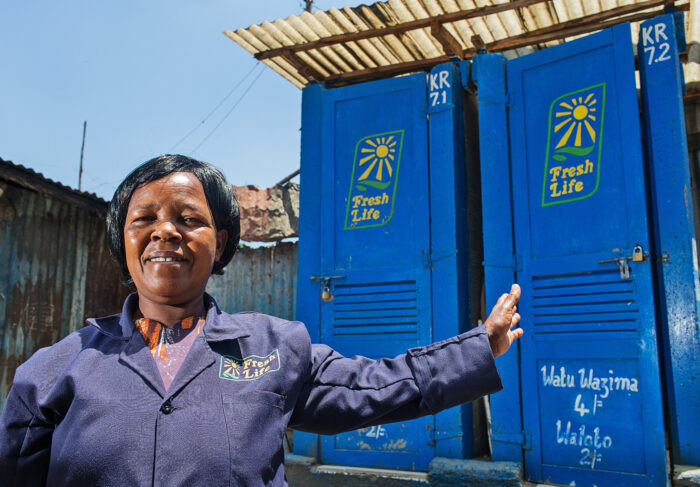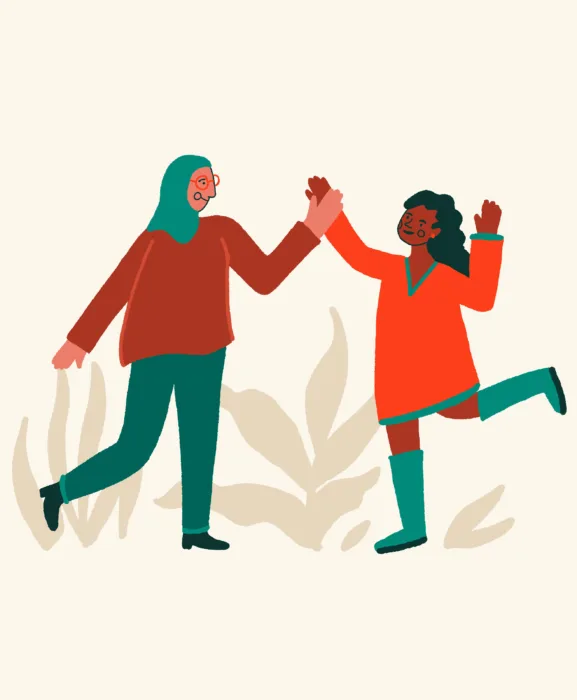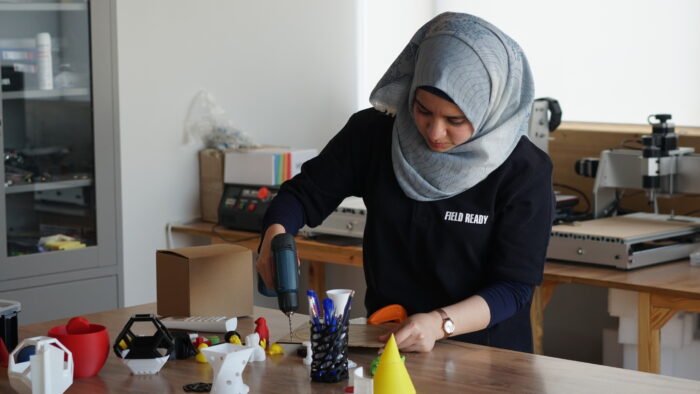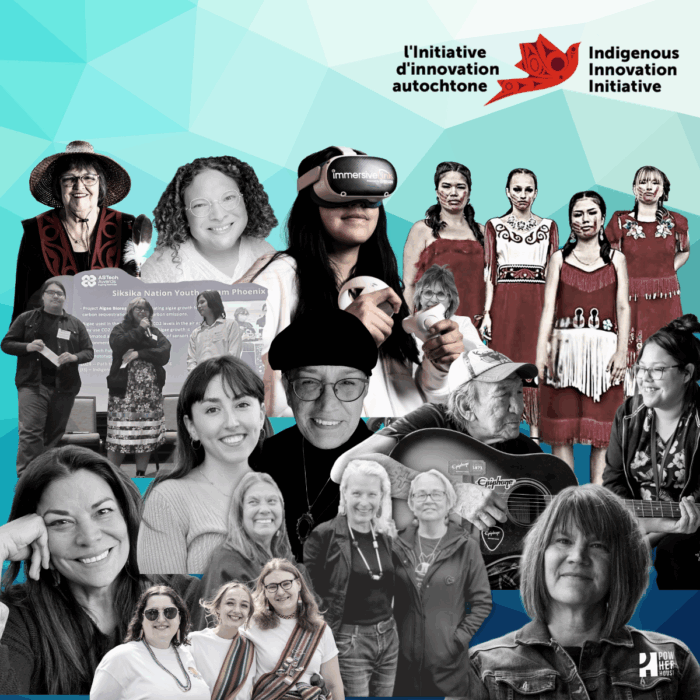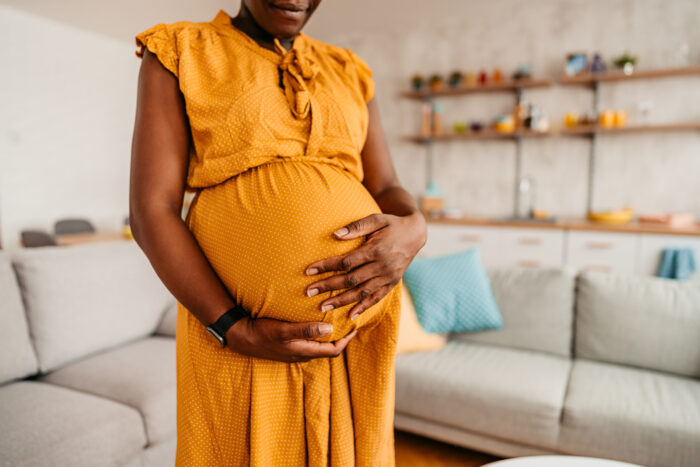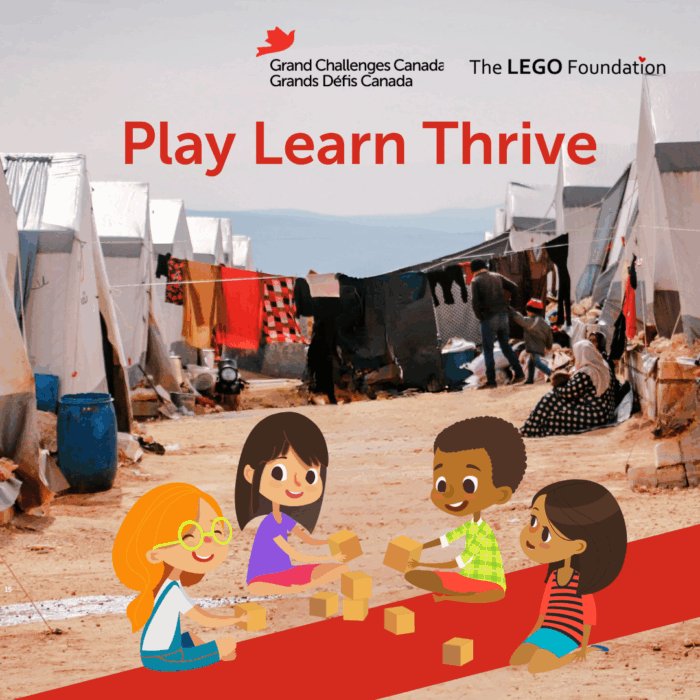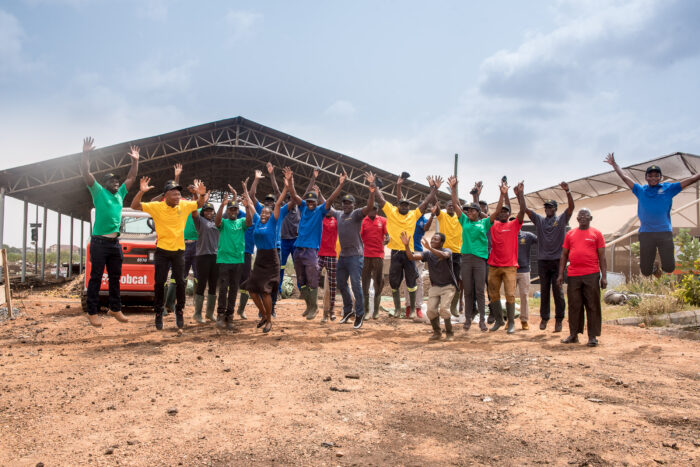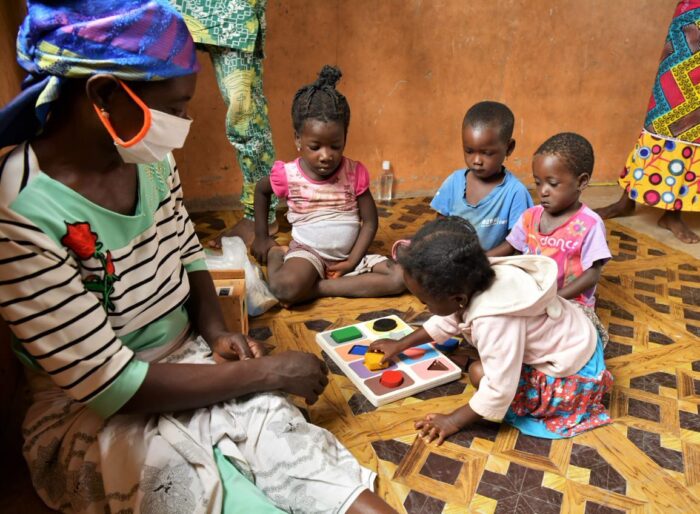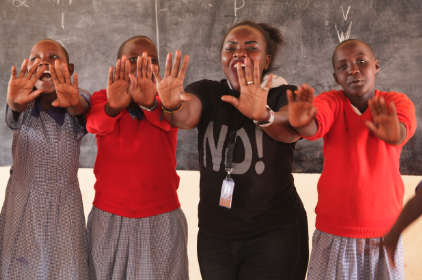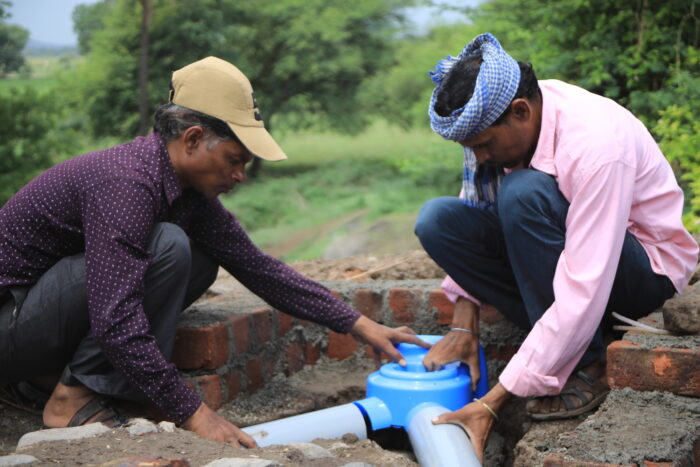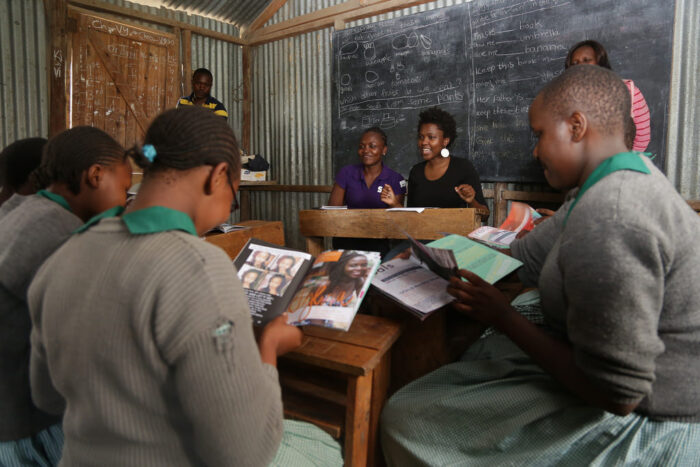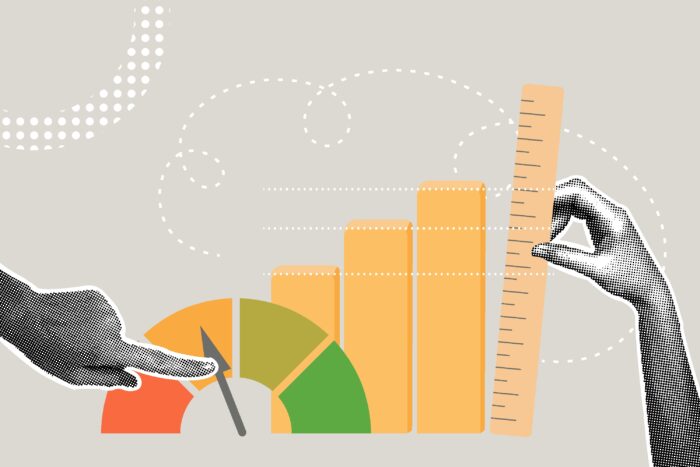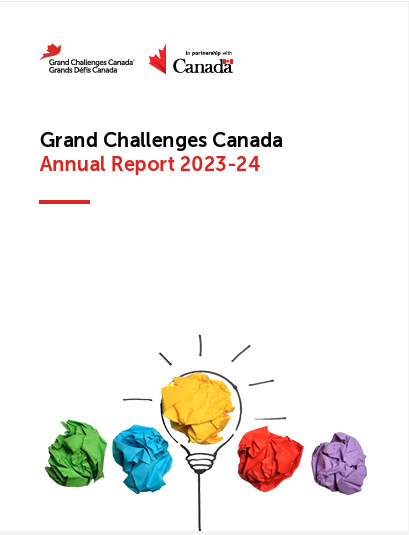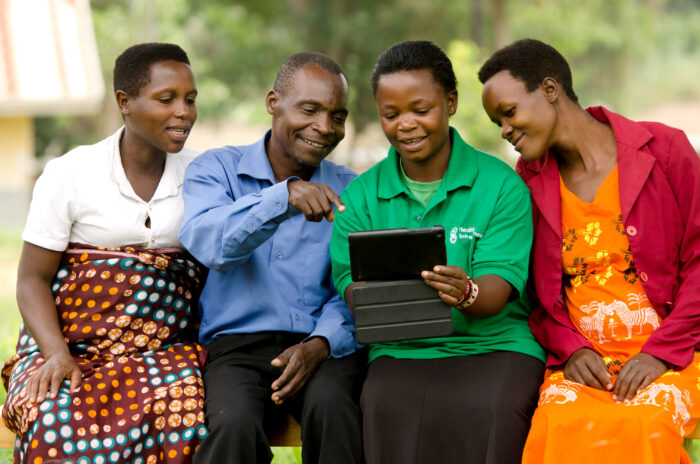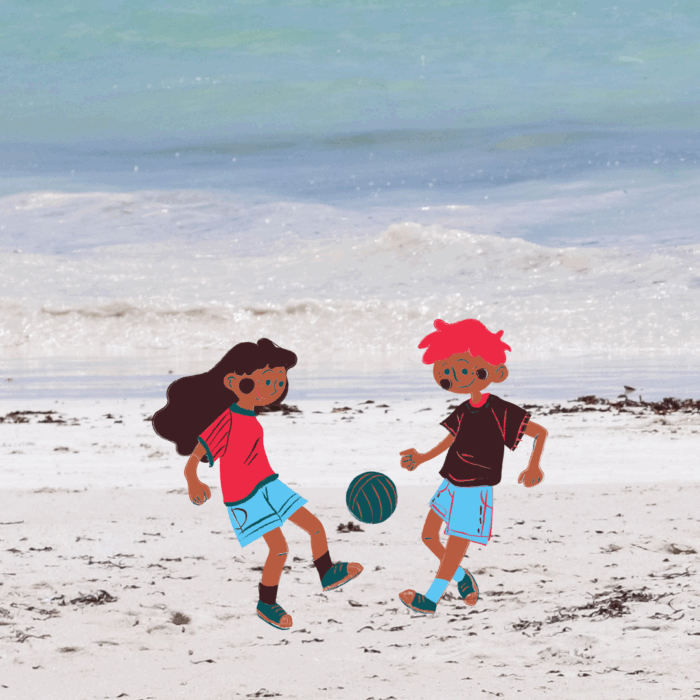Calling on all Canadians to invest in Indigenous innovation as a way to help Canada move closer to reconciliation
By: Sara Wolfe (Anishnawbe), Director of the Indigenous Innovation Initiative at Grand Challenges Canada, and Jocelyn Mackie, Co-CEO of Grand Challenges Canada.

September 30th is Orange Shirt Day—a day to “commemorate the residential school experience, to witness and honour the healing journey of the survivors and their families, and to commit to the ongoing process of reconciliation.” Earlier this year, the federal government recognized this day as a statutory holiday to give Canadians the opportunity to pause and reflect, to grieve and to move forward with truth and reconciliation. This recognition is important and long overdue. It is also not enough. We need to move beyond the symbols of orange shirts and memorial days and take concrete action.
The last few months have been difficult for Canadians as they have come face to face with a horrifying truth: Canada’s ugly secret about the extent of the traumas experienced by Indigenous children at residential schools. Over 150,000 Indigenous children were subjected to these horrific institutions. While the stories shared by so many Indigenous people and the important work of the Truth and Reconciliation Commission seemingly failed to move Canadians, the cold, hard evidence of ground penetrating radar and mass graves has finally broken through. Many are asking, “Why didn’t I know?” and “What can I do?”
While each of us must answer these questions for ourselves, we can offer a few of our own reflections, as mothers and as leaders of a Canadian innovation platform. For one of us, the legacy and trauma of residential schools has been a lived reality since birth, impacting me, my family and my community across every aspect of our lives. For the other, it wasn’t until three years ago when our team participated in the Kairos blanket exercise that the horror inflicted on Indigenous children at church- and government-run residential schools set in. I was pregnant with my youngest child at the time and the thought of losing even one of my babies brought me to my knees in grief such that the loss of generations of children was literally beyond my imagination.
From our disparate backgrounds, we have both recognized the need to move beyond grief and remembrance to contribute to the critical work of healing and reconciliation, never losing sight of the truth.
One way that we demonstrate our commitment to action and change is through our work at the Indigenous Innovation Initiative, hosted by Grand Challenges Canada. We support innovation with social impact by and for First Nations, Inuit and Métis peoples and communities. In the past year, thanks to seed funding from the federal government, we have committed more than $2.7 million to fund 10 women and gender diverse leaders. Their innovations are creating environmentally sustainable consumer packaging; teaching youth skills to work in advance air mobility; designing a digital health application to improve outcomes in pregnancy; and building a social enterprise to help people with lived experience prevent further sex trafficking and sexual exploitation of young Indigenous women, girls and gender diverse peoples. Ten projects all hiring Indigenous employees, helping the land and building communities.
More broadly, there is a new generation of Indigenous peoples, re-immersed in their own culture, who are leading this journey of healing and reconciliation. Indigenous businesses have shown how to act as agents of change by giving back to their communities and working to protect the land and water. Indigenous peoples cannot do this work alone, however. Orange Shirt Day reminds us that all Canadians have a role to play, with politicians, corporations and foundations having an especially critical part to play in breaking down persistent barriers to access resources, and in unleashing self-determined innovative solutions that will be the change.
We need to advance ESG investing frameworks—using Environmental, Social and Governance criteria and commitments, towards an IESG outlook, adding Indigenous as a powerful standalone driver of reconciliation and as an integral part of broader Canadian and global ESG mandates. Orange Shirt Day must be more than just a time for Canadians to reflect on how we’ve benefited from colonization and the horrors of the past—it must be a rallying cry to take concrete action.
Despite our contrasting realities of life in Canada, we are united in solidarity. On September 30th, we will both wear our orange shirts proudly as a shared commitment to channel our reflection, shock and anger towards action. We invite you—whether you are an individual with buying power, a leader of a corporation or a newly elected Member of Parliament—to also take action by walking alongside and supporting Indigenous innovators and changemakers. Reconciliation requires nothing less.
